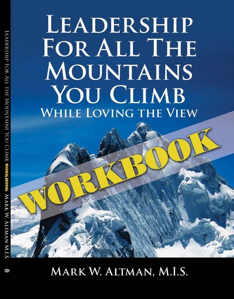Most of us, at one time or another, have let loose with one or more expletives that would do the most seasoned sailor proud. Most of us recognize, that while there may never be a time or place to use such language, there are a plethora of situations we should refrain from swearing.
The other day I was in a home improvement store where I saw a woman walking with her husband, pushing her baby daughter in a stroller. Given my interest in families, I was pleased to see a young, loving family enjoying an afternoon together; imagine my surprise to read the “f-word” written prominently on the shirt in several places. My first thought was “she will need to get rid of that shirt before her beautiful daughter can read,” and that thought was quickly followed by “why is she not more considerate of other people, especially those with children, who read that shirt.”
Jim O'Connor, author of Cuss Control: The Complete Book on How to Curb Your Cursing says "In using profanity the speaker is usually just being lazy, avoiding having to use more descriptive words to express himself". "Cursing," O'Connor states, "does little to convey our real message or the fact that our education continued beyond the fifth grade. This laziness of language can have detrimental effects when it is directed at children. In fact, a number of researchers argue this use of language is tantamount to child abuse. Even when children do not show outward effects of verbal abuse, they still learn cursing as a preferred form of communication, and verbal abuse as an acceptable way to treat others.
Most children swear at some point as they are growing up. Often they swear not knowing what the word means, they are just imitating an adult. If they get a desirable reaction such as laughter, or attention for their choice of language, they are likely to repeat it. Before rushing to correct your child, make sure both parents are on the same page as to how important the issue is in your family.
If your child is young, often if you show that the word has no visible effect on you then your child will be less likely to use it again. If your child swears when angry, help him learn to express his anger in more effective language. This will likely take more patience than just punishing the bad behavior; however, in the long run this strategy will not provide your child an increased ability to constructively express feelings and deal with emotions. Suggesting words that are more effective than swear words can be helpful as well.
For older children, explaining why such language is not acceptable and why the use of swear words makes you unhappy. If the use of this language is to impress friends, then you are less likely to hear it so you will have to convince your child of the logic of your position, you won’t punish or reward your way there. However, after your child clearly understands your position on swearing and you have corrected your own language, then you should treat swearing as any other discipline problem.
A reasonable standard, clearly communicated consequences to misbehavior, consistently applied will provide the best chance for success. The challenge for all of us to not succumb to a culture in which swearing, poor emotional response and treating others with indifference is all too common.
Mark Altman is a speaker and leadership consultant with the Altman Leadership Center. He has graduate work in Marriage and Family Counseling and is the author of Leadership For All the Mountains You Climb. He can be reached at mark@leadright.net.







